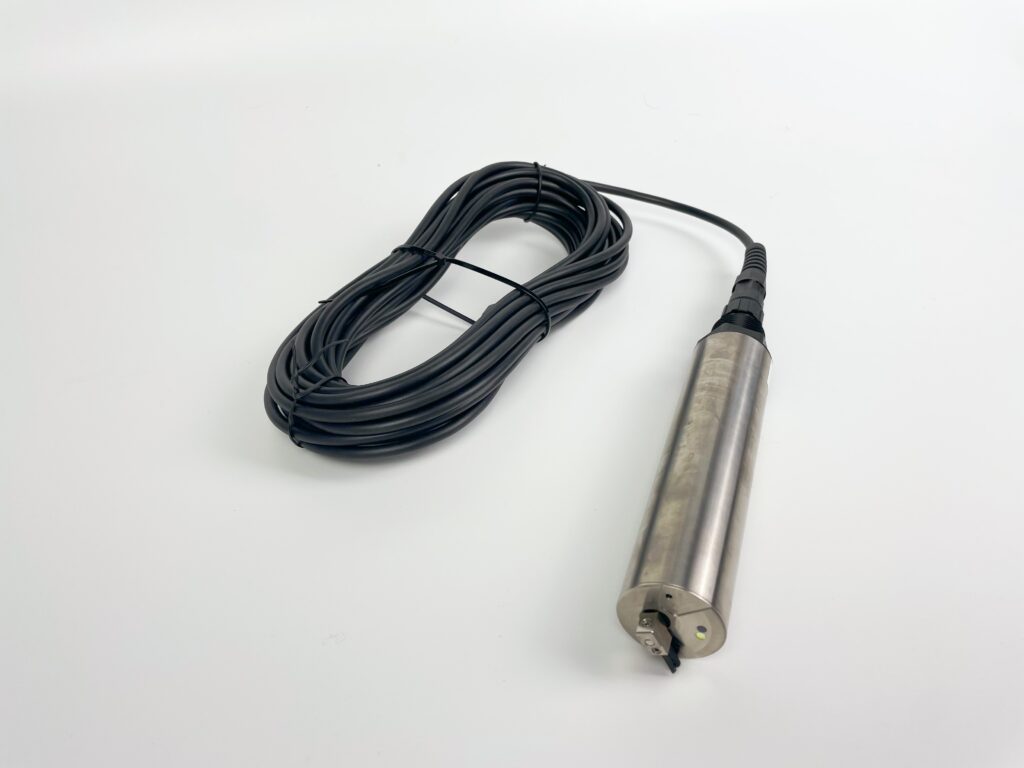A TUR sensor, short for Turbidity sensor, is a specialized instrument used to quantify the turbidity of a liquid sample. Turbidity refers to the cloudiness or haziness of a fluid caused by the presence of suspended particles such as sediment, silt, or organic matter. TUR sensors operate on optical principles, typically employing light sources and detectors to measure the scattering or absorption of light as it passes through the liquid sample. The degree of turbidity is then inferred from the intensity of the light that is scattered or absorbed by the suspended particles.
These sensors are vital tools in various industries and applications, including environmental monitoring, water treatment facilities, beverage production, and scientific research. In environmental monitoring, TUR sensors help assess water quality by indicating levels of sedimentation or contamination. In water treatment facilities, they aid in monitoring the effectiveness of filtration processes and ensuring compliance with regulatory standards. Additionally, in beverage production, TUR sensors play a crucial role in maintaining product quality by monitoring the clarity of liquids such as beer or wine.
Overall, TUR sensors provide valuable insights into the physical characteristics of liquids, enabling precise measurement and control of turbidity levels for numerous industrial and environmental applications.






















